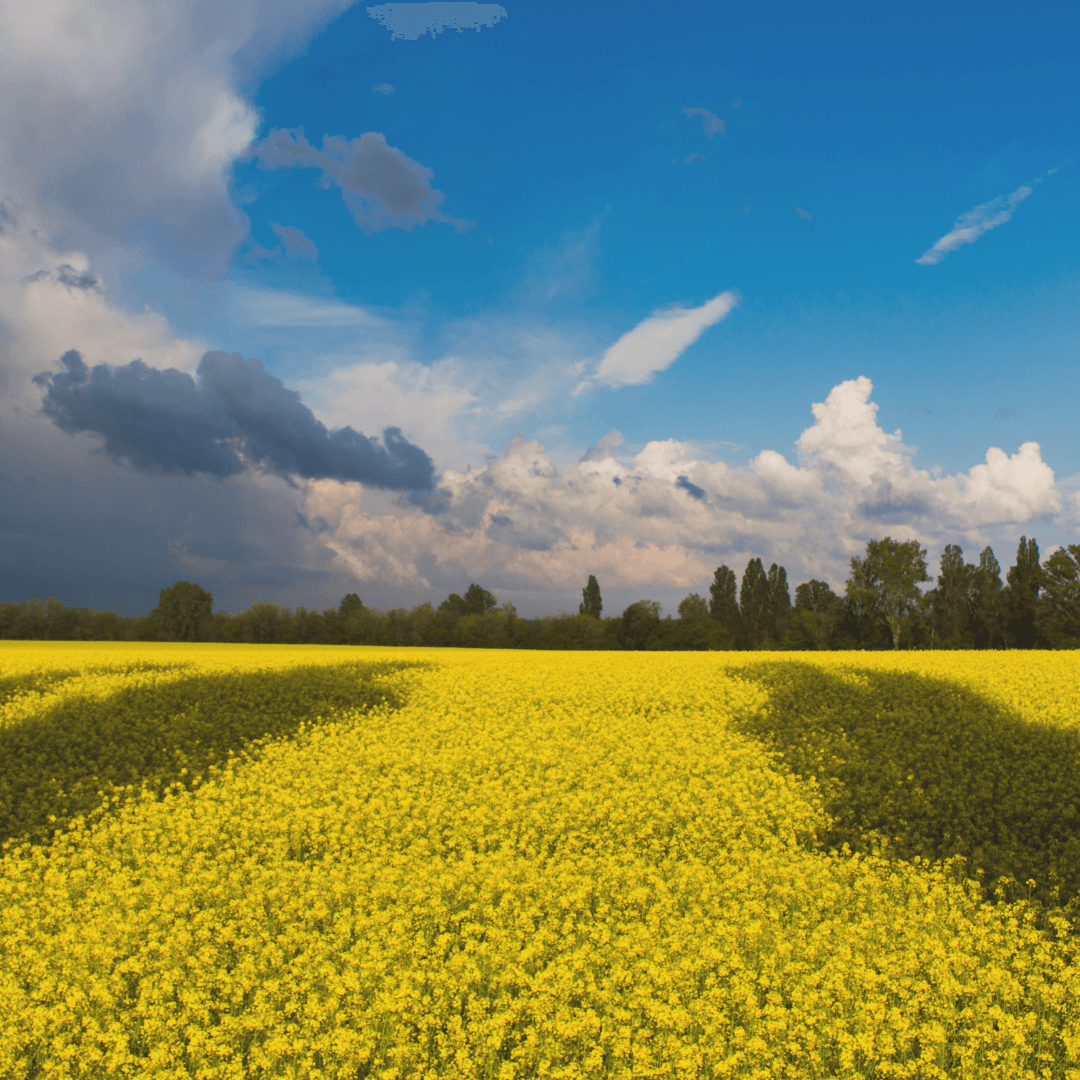Statement of the Chairperson and Executive Secretary, Coalition Clean Baltic – CCB

25 February 2022
Environmental NGOs and networks like CCB* are not political. However, a war in our region is unprecedented and not a matter of normal political discourse in choosing how to protect the environment best or how to restore our ecosystems.
CCB as a network of NGOs was created in 1990 to join people from all countries in the Baltic Sea catchment area in a common cause: to improve our shared environment, to learn from each other and to understand each other’s culture and tradition.
Green organizations everywhere stand for peace and respect for all life on Earth. CCB was created with the underlying passion for borderless societies and hope of a new future without walls and distrust.
At this time, we chose to comment on the terrifying situation in Ukraine for the sake of people and of life itself. We must stand together because our friends that share our goals live in all the countries in the region. We make no difference between people regardless of nationality, origin or domicile.
We, civil society organizations, act in an open, transparent and non-violent way. Green NGOs in our region were part of the liberation movements after 1989, not supporting any political path of left or right but only the right for nations and nature to exist.
We must now again stand for the right to exist in peace for both our Ukrainian and Russian friends. Nature will remain our common value and language of dialogue, but we condemn any kind of violence and aggression in any form it occurs.
We are not afraid of each other, we trust each other, and there will never again be a wall between us. Instead, we will strive to protect the most important thing – human life, not to destroy it!
Aija Caune Mikhail Durkin
CCB Chairperson CCB Executive Secretary
This statement is supported by the following individual CCB Members and partners:
– Polish Ecological Club, Main Board
– Estonian Water Association
– Friends of the Baltic
– Green Federation “GAIA”
– Friends of the Rivers of Ina and Gowienica Association – TPRIiG
– Nerush
– Danish Society for Nature Conservation
– Public Council of the South Coast of the Gulf of Finland
*CCB – Coalition Clean Baltic is a network of 26 environmental NGOs from 11 Baltic Sea Region countries, striving to protect the environment and natural resources of the Baltic Sea for present and future generations.

